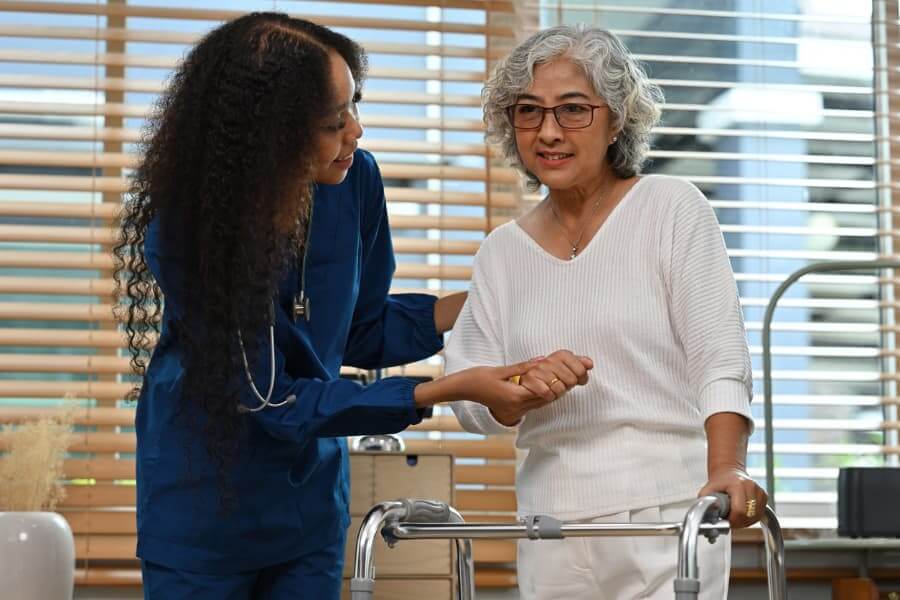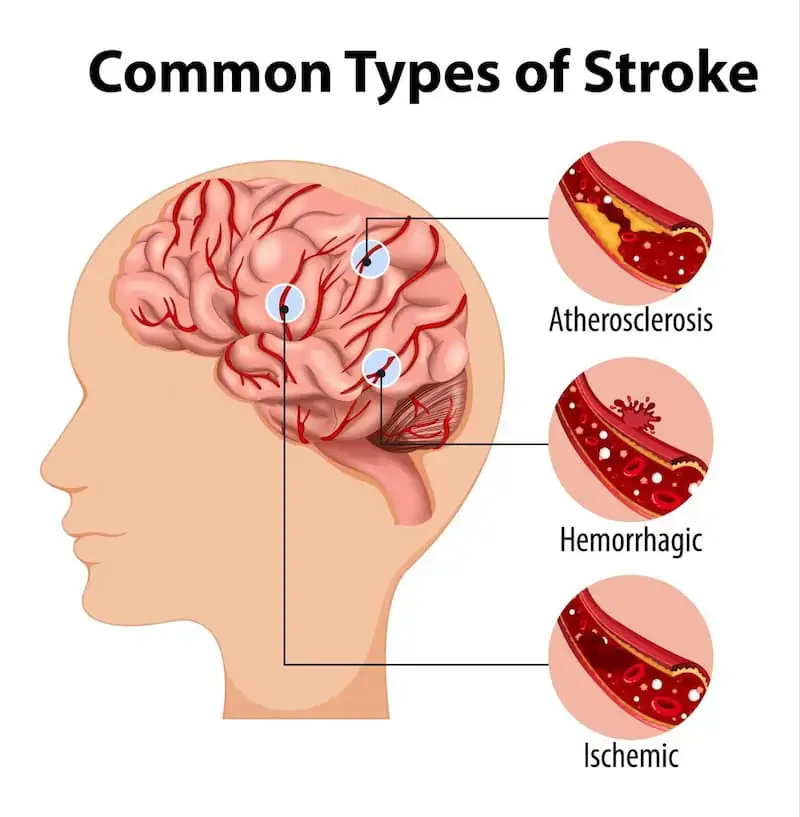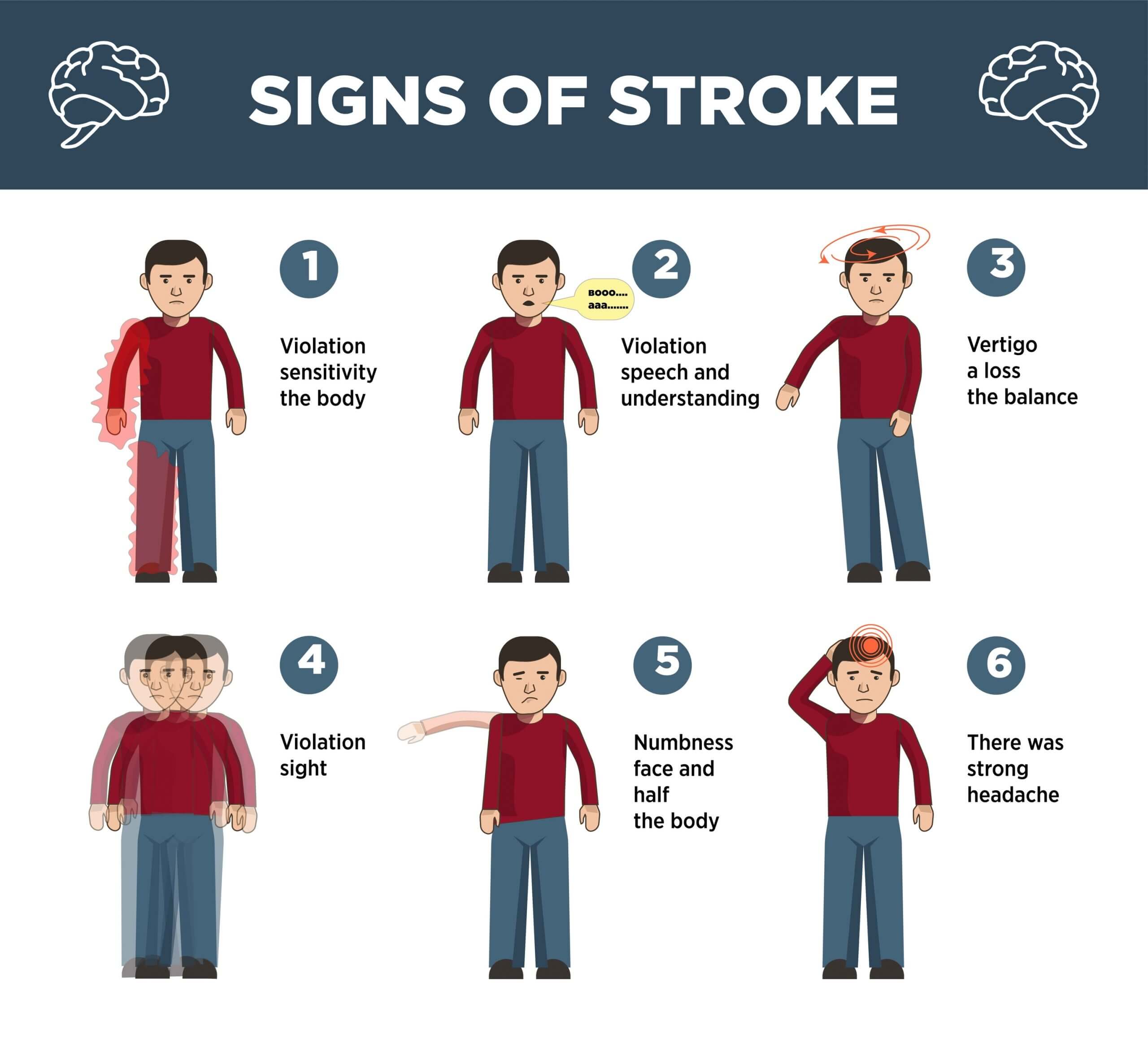
A stroke can be a life-altering event, causing a range of physical, cognitive, and emotional challenges. While the initial medical treatment is crucial, the journey to recovery largely depends on comprehensive and consistent rehabilitation. Physiotherapy is a cornerstone of post-stroke recovery, helping survivors regain lost function, improve independence, and enhance their overall quality of life.
Understanding Stroke and Its Impact
A stroke occurs when the blood supply to part of your brain is interrupted or reduced, depriving brain tissue of oxygen and nutrients. Brain cells begin to die within minutes. The effects of a stroke depend on the area of the brain affected and the extent of the damage, but can include:
- Weakness or Paralysis: Often on one side of the body (hemiparesis or hemiplegia).
- Balance and Coordination Problems: Leading to difficulty walking and increased fall risk.
- Spasticity: Increased muscle tone and stiffness.
- Sensory Deficits: Numbness or altered sensation.
- Speech and Language Difficulties: Aphasia.
- Cognitive Changes: Memory issues, difficulty with problem-solving.

The Role of Physiotherapy in Stroke Rehabilitation
Physiotherapy begins as early as possible after a stroke, often even in the acute hospital setting. It is a highly individualized process that adapts as the patient progresses. Goals of physiotherapy include:
- Restoring Movement and Strength: Through targeted exercises, manual therapy, and neuro-rehabilitation techniques to re-educate the brain and muscles.
- Improving Balance and Coordination: Exercises to enhance stability, reduce dizziness, and prevent falls.
- Managing Spasticity: Stretching, positioning, and other techniques to reduce muscle stiffness and improve function.
- Gait Training: Helping patients relearn how to walk, often using assistive devices initially, and progressing to independent walking.
- Functional Training: Practicing daily activities like getting in and out of bed, dressing, and reaching for objects.
- Preventing Complications: Such as contractures, pressure sores, and secondary injuries.
- Educating Patients and Families: Providing strategies for home exercise, safe transfers, and adapting the environment.

A Journey of Progress and Patience
Stroke rehabilitation is a challenging but rewarding journey. Progress can be slow and may have plateaus, but consistency and perseverance are key. The brain's ability to reorganize itself (neuroplasticity) means that recovery can continue for months and even years after a stroke. A dedicated physiotherapy team provides the expertise, encouragement, and structured program needed for the best possible outcome.
At Arogya Physiotherapy, we are committed to providing comprehensive and compassionate post-stroke rehabilitation. Our goal is to empower stroke survivors to achieve their maximum potential, regain independence, and return to meaningful participation in their lives. If you or a loved one needs post-stroke support, contact us to discuss a personalized rehabilitation plan.